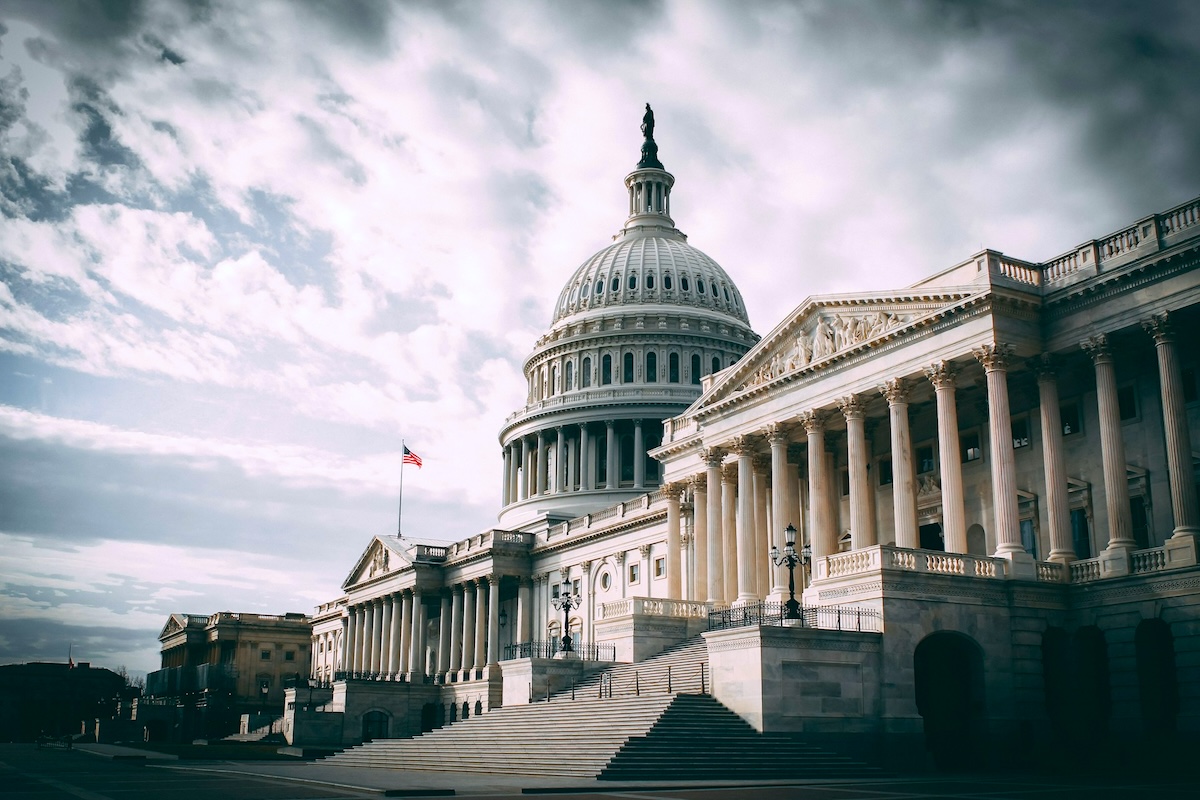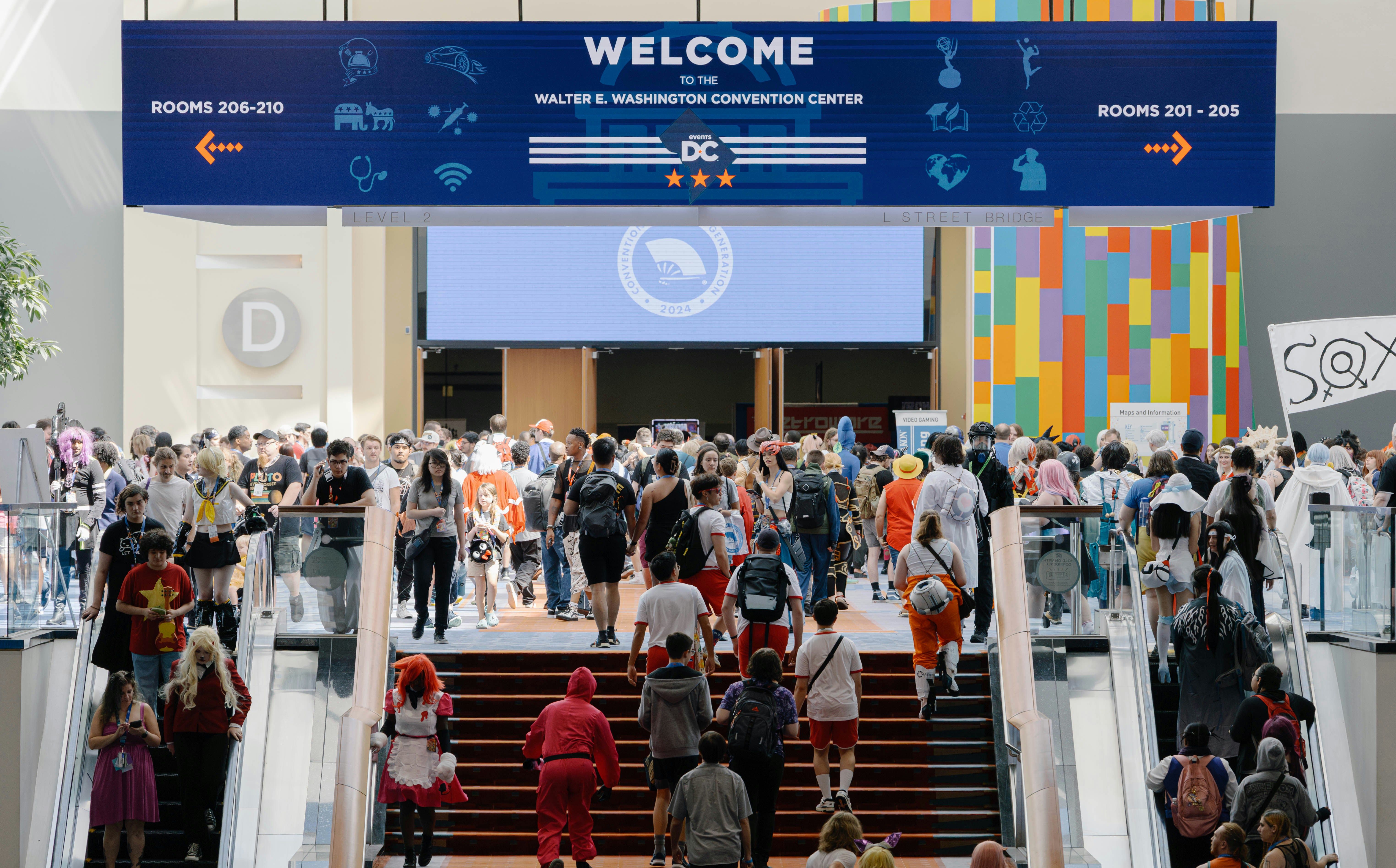Legislative Action Day Converges Industry Leaders on Capitol Hill

Skift Take
Industry advocacy group Exhibitions & Conferences Alliance (ECA) gathered the industry on Capitol Hill on Thursday. Participants discussed issues derailing the meetings and events industry with policymakers on a day filled with meetings. Approximately 140 meeting and event professionals from 27 states met with lawmakers in hundreds of meetings during Legislative Action Day.
The fact that the jury in former President Donald Trump’s New York hush money trial was in deliberations added to the energy of being on Capitol Hill.
“Today was the largest gathering of the industry on Capitol Hill ever,” said Vinnie Polito, co-president of ECA and CEO of the Society of Independent Show Organizers (SISO).
Legislative Action Day Builds Momentum
“ECA Legislative Action Day is a great opportunity for policymakers on Capitol Hill to hear the stories of industry leaders and advocates creating positive impact in their states and districts through business events. We hope these conversations encourage members of Congress to actively support ECA’s policy priorities and build momentum for action later this year,” said ECA’s Vice President Tommy Goodwin.
The focus was on visa wait times and the importance of building the next-generation skilled workforce. “Despite a politically divided and gridlocked Congress, those two issues have broad bipartisan support. ECA believes that it’s possible for Congress to act on both issues this year in a way that helps the industry going forward,” said Goodwin.
The message is that business events drive demand for restaurants, hotels, travel services, and Main Street commerce. In addition, the industry supports small businesses. Approximately 99% of all business events companies are small businesses themselves. In addition, 80% of exhibitors at business events are small businesses.
Industry Advocacy on the Rise
The International Association of Exhibitions and Events (IAEE) hosted the first Exhibitions Day on Capitol Hill in 2012. ECA took the baton in 2021 under the renamed Legislative Action Day banner. This year, the sold-out gathering was approximately 50% bigger than last year.
“From my perspective, the growth in this year’s Legislative Action Day is another proof point that advocacy is increasingly part of the DNA of the industry. Building on our recent policy wins that include visa funding, FTC rule, last year’s Kentucky tax, the industry is seeing that when it advocates together with one voice, we really can drive policy change that benefits the industry and the country more broadly,” said Goodwin.
Legislative Action Day is held with Lippman Connects’ Exhibition and Convention Executives Forum (ECEF), a one-day educational and networking conference.
International Attendees Still Plagued by Visa Issues
Nearly three years after the pandemic, events still lack many international exhibitors, attendees, and buyers due to visa issues.
Visitors from more than 150 countries need visas to come to the U.S. In Mexico City, the wait time for a visitor visa interview appointment is 849 days. In Bogota, it’s 640 days. Mumbai, it’s 499 days.
The State Department has set a goal of having 90% of wait times below 90 days. “That’s not good enough for many of our international stakeholders who need to start making financial outlays 6-9 months in advance of coming to a U.S. event,” said Goodwin.
ECA encourages Senators to co-sponsor S.2632, the Visa Processing Improvement Act, a bipartisan bill. It also encourages House Representatives to co-sponsor H.R.5127: the Visitor Visa Wait Time Reduction Act.
Next-Generation Workforce
There are many pathways into business events industry jobs. “We need Congress’ help to attract and grow our industry’s, and our country’s, next-generation skilled workforce that will help our small businesses thrive going forward,” said Goodwin.
ECA encourages the Senate to co-sponsor two bipartisan bills improving access to skills-based training. S.161: the JOBS Act will allow students to use federal Pell Grants to afford job training programs for the first time. S.722: the Freedom to Invest in Tomorrow’s Workforce Act will allow students and workers to use 529 college savings program funds for workforce training and credentialing programs.





